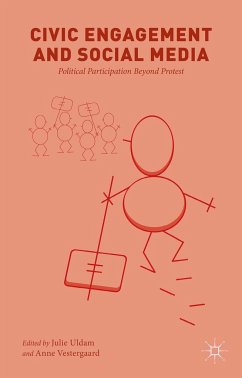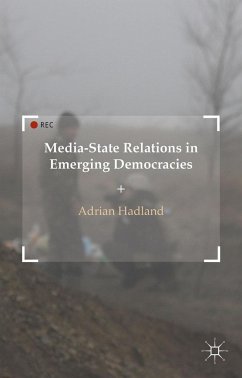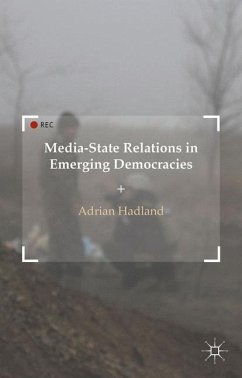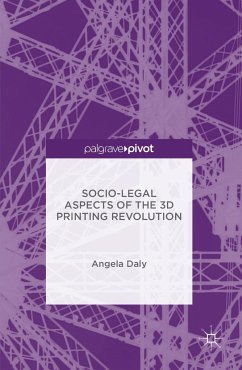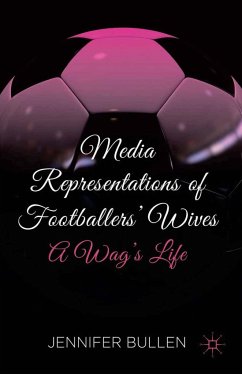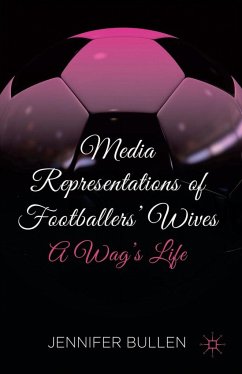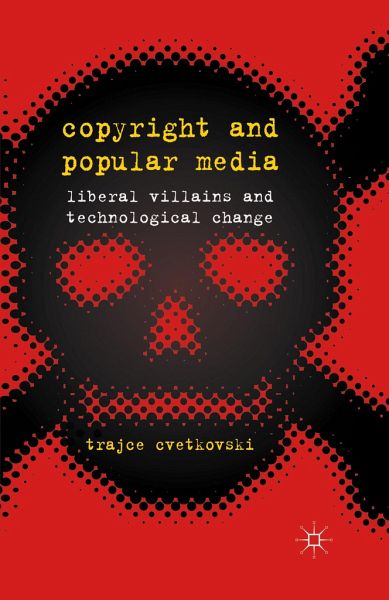
Copyright and Popular Media
Liberal Villains and Technological Change
Versandkostenfrei!
Versandfertig in 6-10 Tagen
38,99 €
inkl. MwSt.
Weitere Ausgaben:

PAYBACK Punkte
19 °P sammeln!
Copyright governance is in a state of flux because the boundaries between legal and illegal consumption have blurred. Trajce Cvetkovski interrogates the disorganizational effects of piracy and emerging technologies on the political economy of copyright in popular music, film and gaming industries.






